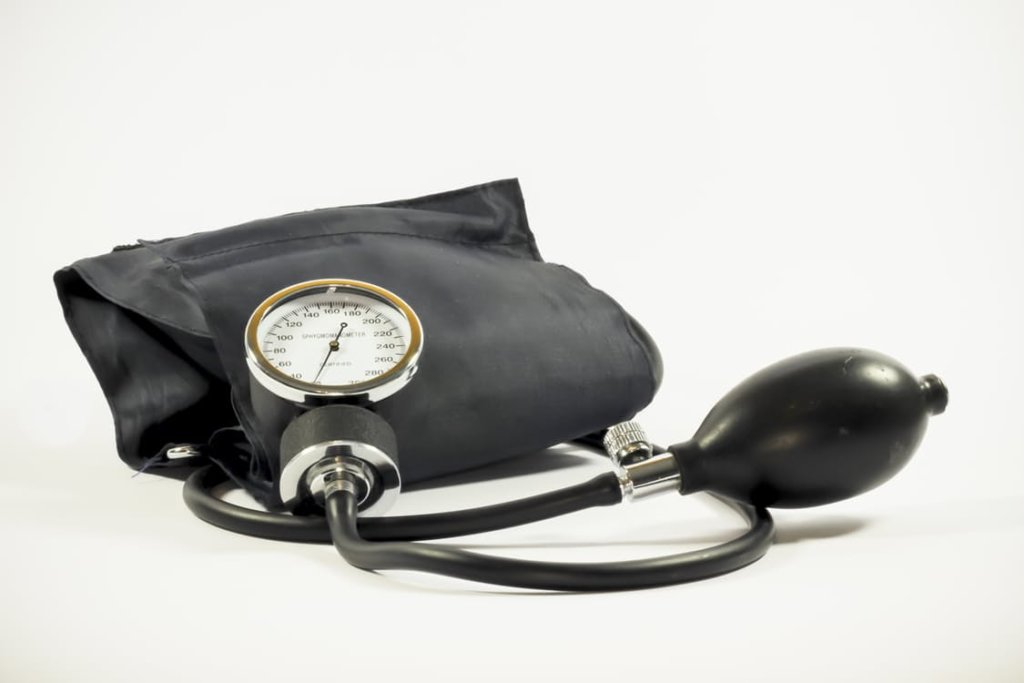COVID ’n kids
 Thank you to the families of Charlotte who are staying safe and simplifying their lives in order to protect friends and neighbors. Here is a rundown of the role of children and adolescents in the pandemic.
Thank you to the families of Charlotte who are staying safe and simplifying their lives in order to protect friends and neighbors. Here is a rundown of the role of children and adolescents in the pandemic.
The illness
Experts have not yet determined why COVID-19 infection, caused by coronavirus SARS-CoV-2, seems to cause a milder illness in children. This coronavirus started to affect humans after infecting other mammals, likely bats and other intermediate mammals, and moved ultimately onto humans in Wuhan, China late in 2019.
Kids typically tend to get quite sick from seasonal respiratory viruses, like RSV and influenza, and generally catch more colds than adults. In this illness, however, the reverse has been observed. In a study recently published in Pediatrics, researchers studied 2,143 children from Hubei province in China, where COVID-19 originated, and found that only six percent of kids had severe illness, compared with almost 20 percent of adults. Certain groups of children are likely at higher risk: infants, diabetics, children with chronic health problems. And a study in The Lancet reported that of 36 children hospitalized with COVID-19 in China all were discharged from the hospital in improved health.
In terms of symptoms, most children (over 75 percent) have fever, mild upper respiratory symptoms, fatigue, aches, diarrhea. Moderately ill children have been shown to have more cough, described as dry turning to wet over time, and no shortness of breath. Severely ill children may require hospitalization, but there have not been many cases in other countries of this degree of illness.
What to do if you are worried or think your child is sick
Contact your kid’s primary care provider. Children’s medical homes/doctor’s offices are open for care; primary care just looks different during the pandemic. We healthcare providers are trying to do what we can with tele-health, phone calls, some office visits and testing when indicated.
Do not go to the emergency room or hospital as you previously would have. Call your PCP first; they will advise you on how to proceed. In Vermont you can call 211 or 1-866-652-4636 for COVID-19 related questions about you or family members. If you prefer an online interface, the Centers for Disease Control and Prevention web site has a COVID self-checker and the Vermont Department of Health website has up-to-date information.
The kids
With the reality of children faring better than adults, it’s time to recognize our youth for their superpowers. Kids care and want to act to help others. Charlie Adams, fourth grader from Charlotte Central School, recommends that kids “stay away from older people and try not to touch each other.” He is actively making his brain smarter at home during the Stay Safe, Stay Home period by reading! When it’s nice outside he likes to spend time in the hammock.
Many kids are trying hard to break bad habits: nose picking, nail biting, coughing without covering, lying about hand washing and forgetting to brush teeth. Seriously—this is progress!
Staying healthy physically and positive emotionally helps all of us and provides a welcome distraction. So does asking the kids to do the laundry, clean the kitchen, make lunch, pick the movie….
Staying in touch with friends and loved ones proves as important for young people as adults. Hannah Stein, a CCS 7th grader, reports, “It’s fun and easy to get in touch with people.”
“We are able to do everything together: watch movies, take walks,” she says of her family time. Her sister Sarah Stein, a 5th grader at CCS, says kids are following the rules and not meaning to get people sick. “We can handle it.” She foresees a “tighter community” after the pandemic.
Young adults and older teens face home isolation, missing out on spring sports, arts events and potentially graduation. Thanks to them for staying safe at home and practicing social distancing.
Nani Clemmons, CVU senior, elegantly represents the next generation when he said, “A quote [from Epictetus] that has helped me stay positive is, ‘It’s not what happens to you, but how you react to it that matters.’ Many things are not in our control, but we have the power to choose how to react to them.” He, too, finds comfort in reaching out to friends and family, focusing on wellness, daily routine and caring for family.
What’s next
In other pursuits, kids can continue learning and challenging themselves at home with the guidance of their teachers. Our society will change after this pandemic, and we will need to learn from our mistakes: our future generations will make the world a better place. Living simply will teach kids lessons en famille: how self-reliance feels, what community means, the power of observation, the mind-body connection.
Dr. Elizabeth Hunt is a general pediatrician in South Burlington VT and mother of three boys. She lives in Charlotte.
